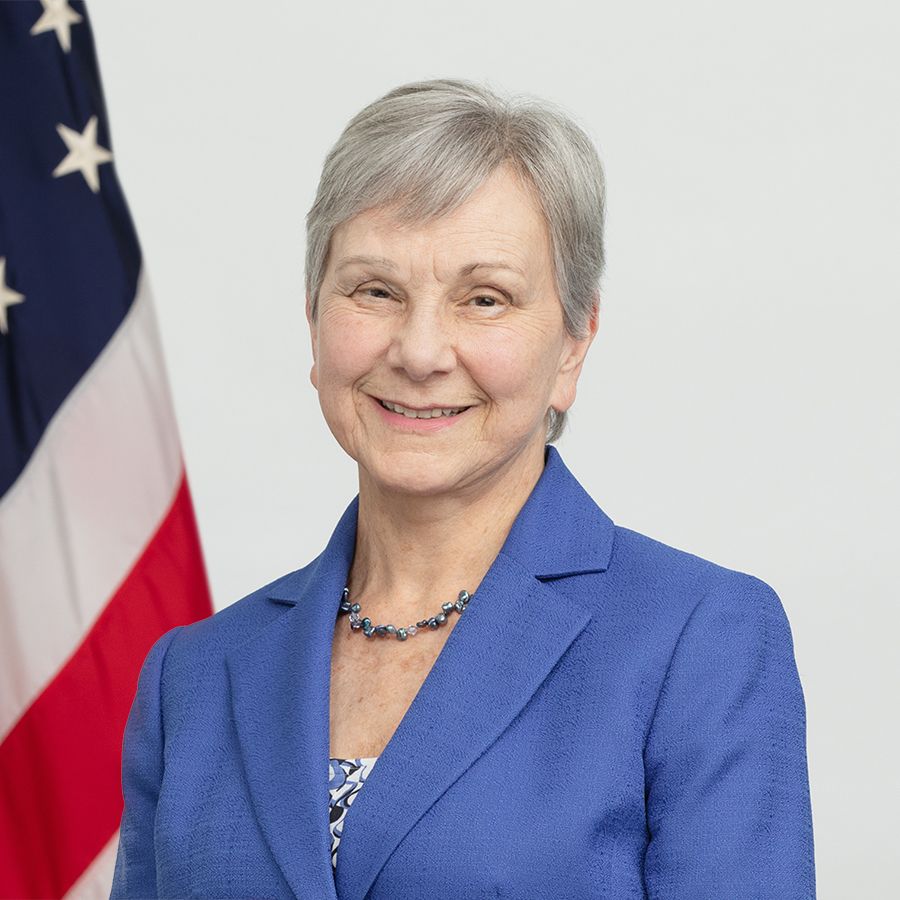- Bone Health
- Immunology
- Hematology
- Respiratory
- Dermatology
- Diabetes
- Gastroenterology
- Neurology
- Oncology
- Ophthalmology
- Rare Disease
- Rheumatology
FDA’s Woodcock Says Agency Has Resumed Normal Review Pace for Biosimilars, Generics
Janet Woodcock, MD, acting commissioner of the FDA, said the agency is meeting with biosimilar developers for biosimilars for 46 reference products.
Janet Woodcock, MD, acting commissioner of the FDA, delivered an upbeat report on biosimilars and generics progress as keynote speaker of the Association for Accessible Medicines’ GRx+Biosims annual conference this week.
She addressed the HHS recommendations for pricing reforms in the drug industry, noting that many patients are not adhering to their medications because of high prices, and also said that, now that COVID-19 pandemic is more under control, the FDA is returning to business as usual, addressing applications for biosimilar and generic approvals and conducting domestic factory inspections, at least, in a normal fashion.
“Now, I am pleased to say that as of July we began resuming normal operations for domestic inspections,” Woodcock said.
“While our agency does not play a direct role in drug pricing, we can, by encouraging development of lower-cost generic and biosimilar products, support competition in the health care market,” she said.
“The savings impact to Americans as a result of the lower costs of these generic and biosimilar products is enormous. In fact, last year, Americans saved $338 billion by using generics and biosimilars, and that’s an increase of $18 million from 2019,” she said.
“In the biosimilar space, new launches and improved utilization led biosimilar savings last year to grow more than 3 times the $2.5 billion saved in 2019, with an especially high impact in oncology,” she said.
Woodcock reported success at the FDA in adjusting user fees for generic and biosimilar application reviews. The user fees help to ensure that the FDA has sufficient funds for conducting these reviews for approval.
She said the FDA is working closely with industry on ways to “maximize scientific and regulatory clarity and ways to enhance efficiency in the review process. We are nearing the completion of that process, as well.”
The agency is sometimes criticized for requiring forms of evidence for drug approval that appear redundant or outdated in the face of modern methods for analyzing and determining safety and efficacy of agents. Use of outdated methods can add significantly to the cost of bringing drugs to market.
The COVID-19 pandemic has represented serious obstacles to the smooth functioning of the FDA because of the drain on its resources; however, Woodcock said “We’ve maintained FDA standards in evaluating products based on high quality data and sound science, and largely continued to meet our…commitments for reviewing applications in a timely manner.”
The agency has approved or tentatively approved hundreds of abbreviated new drug applications in fiscal 2021 alone, and this year the FDA achieved 2 firsts when it approved the first interchangeable biosimilar monoclonal antibody and the first insulin biosimilar, she noted.
“We have now approved 31 biosimilars for 11 different reference products, and the future looks even brighter with interest continuing to grow. As of October 1, 2021, 94 biosimilar development programs were underway, and the FDA has received meeting requests from companies for the development of biosimilars for 46 different reference products,” Woodcock said.
Newsletter
Where clinical, regulatory, and economic perspectives converge—sign up for Center for Biosimilars® emails to get expert insights on emerging treatment paradigms, biosimilar policy, and real-world outcomes that shape patient care.

